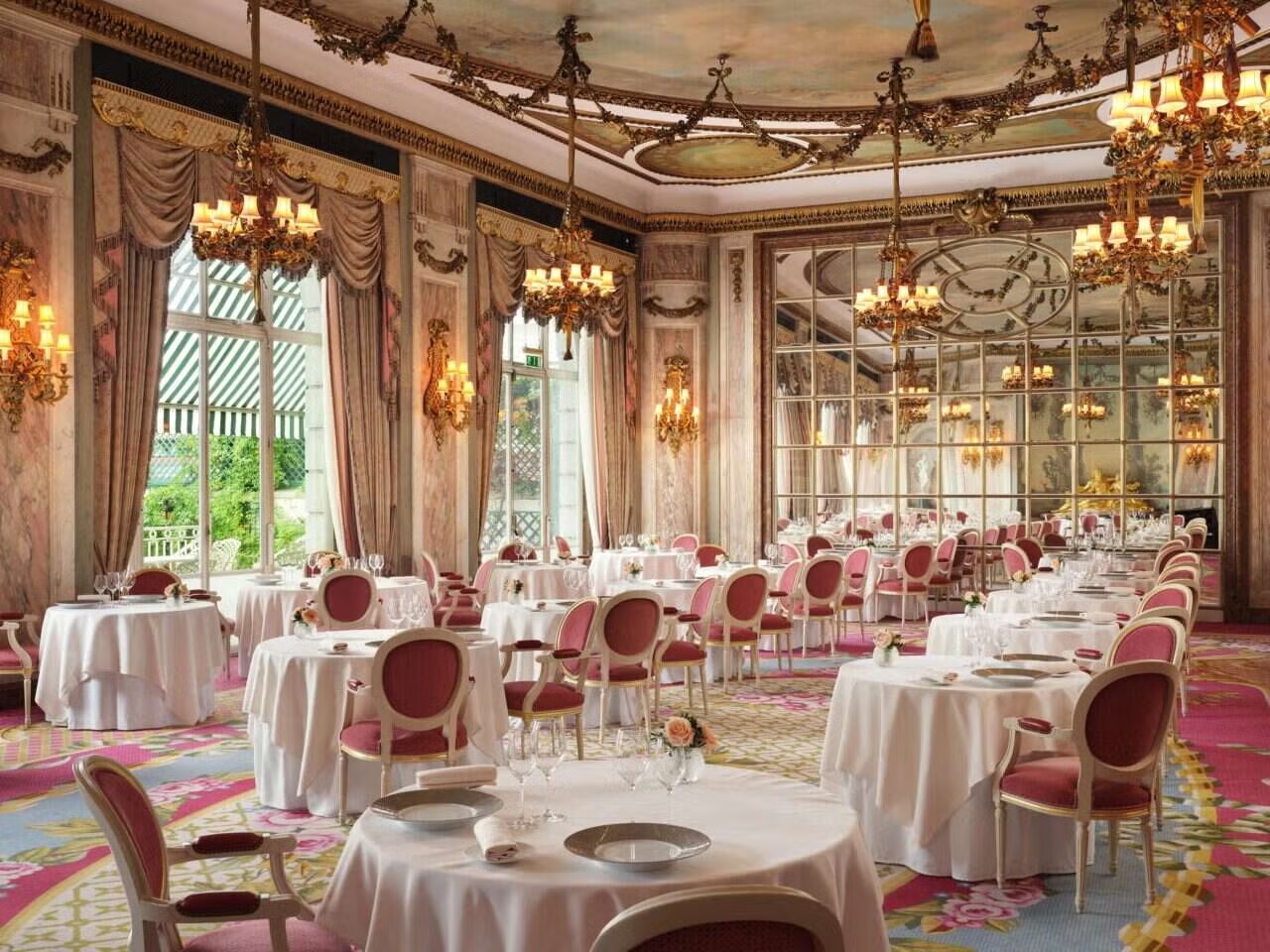In a culinary world that thrives on change — where trends surge and fade with every scroll and swipe — there exists a rare breed of restaurants that transcend time. These institutions don’t chase the moment; they define it. Among them, two stand alone in their quiet brilliance: The Ritz Restaurant in London and Le Bernardin in New York City. Both are bastions of excellence, style, and tradition, places where heritage is not only preserved but reimagined with elegance for the modern connoisseur.

Opened in 1906, The Ritz Restaurant is more than a dining destination; it is a cornerstone of London’s cultural identity. It has endured wars, outlasted monarchs, and welcomed generations of royalty and yet, it remains refreshingly relevant. Step into its gilded dining room, where frescoed ceilings and chandeliers meet warm hospitality and theatrical flair.

Under the visionary guidance of Executive Chef John Williams, who took the helm in 2004, The Ritz has evolved with quiet grace. Rich sauces have been rebalanced, tableware refined, and the guest remains at the heart of every decision. In 2017, the restaurant earned its first Michelin star, and in 2025, a second followed, this is a resounding affirmation that true luxury never ages.

Across the Atlantic, Le Bernardin tells a parallel story of legacy, resilience, and culinary devotion. Founded in Paris in 1972 by siblings Maguy and Gilbert Le Coze, the restaurant quickly garnered three Michelin stars. In 1986, their vision crossed the ocean, finding a new home in Manhattan. After Gilbert’s untimely death in 1994, the reins were passed to longtime collaborator Eric Ripert, whose reverence for seafood and French culinary traditions would redefine the American fine dining scene.

Today, Le Bernardin remains one of the most coveted tables in New York, a place where seafood is treated with near-spiritual respect and where restraint and precision eclipse culinary gimmicks. Since the Michelin Guide’s U.S. debut in 2005, the restaurant has maintained its perfect three-star rating, a testament to Ripert’s quiet mastery. He doesn’t follow trends, he honors craft.

Together, The Ritz Restaurant and Le Bernardin represent more than fine dining; they are the custodians of culinary legacy. They invite diners not just to eat, but to partake in living history to savor something deeper than flavor: the elegance of permanence in an ever-changing world.